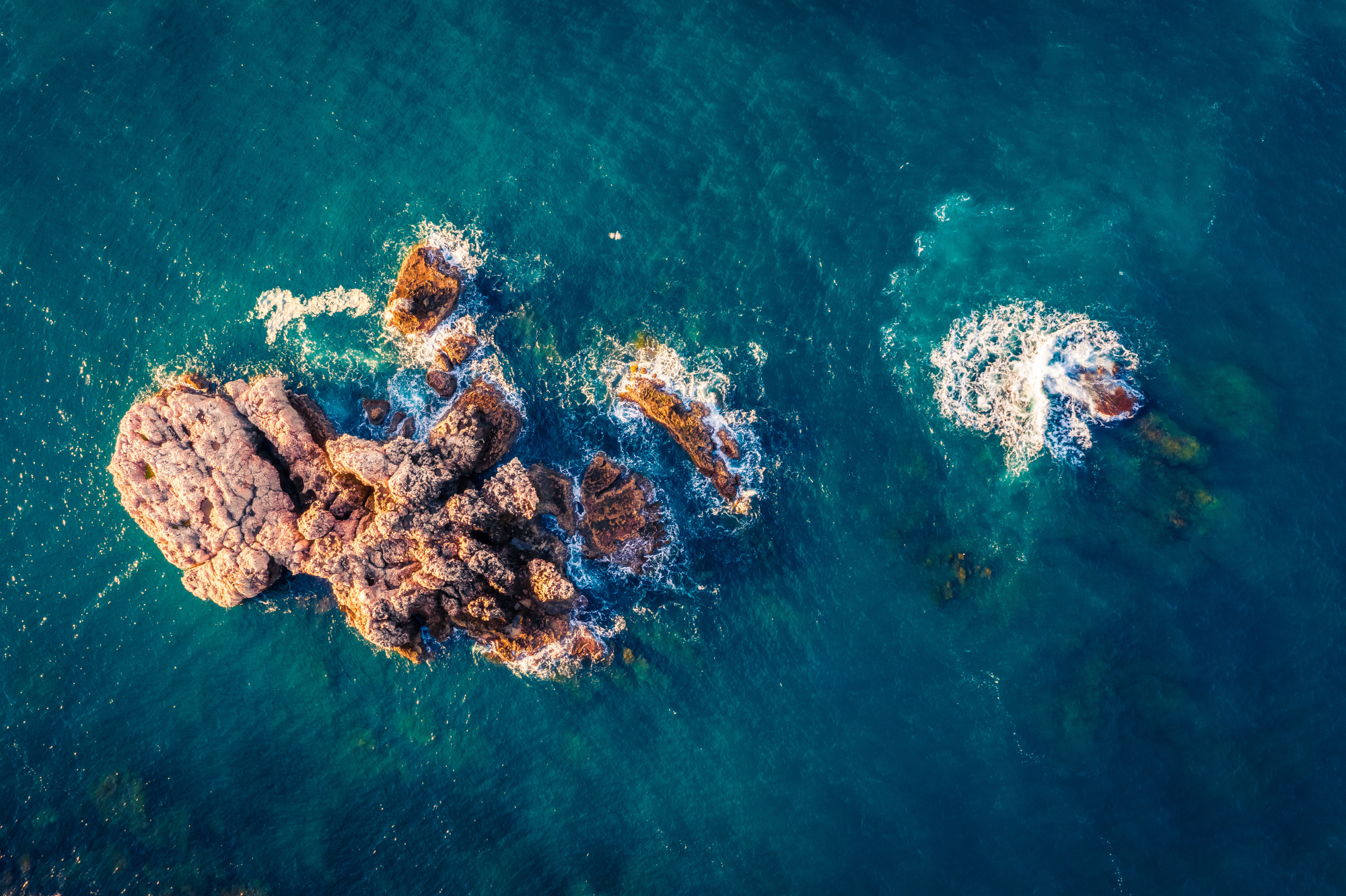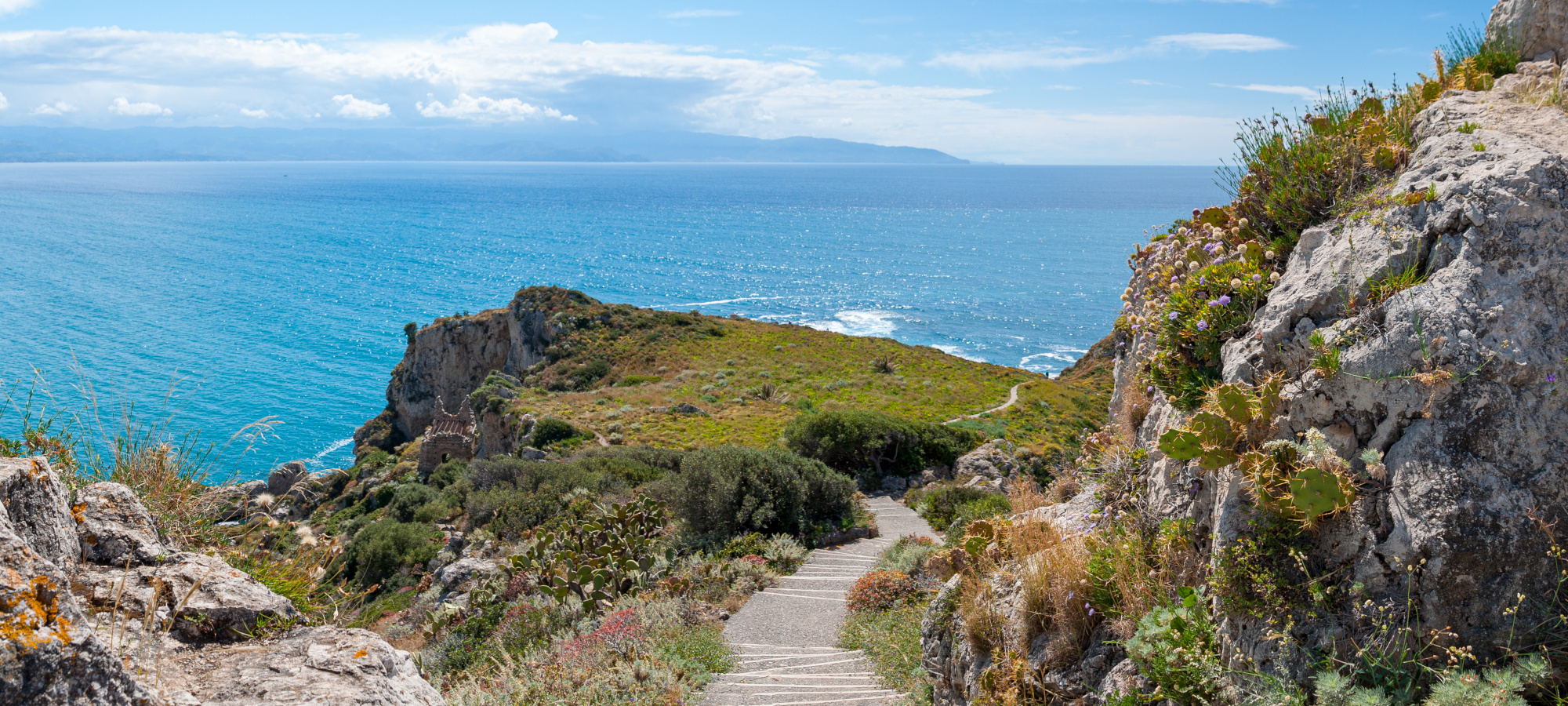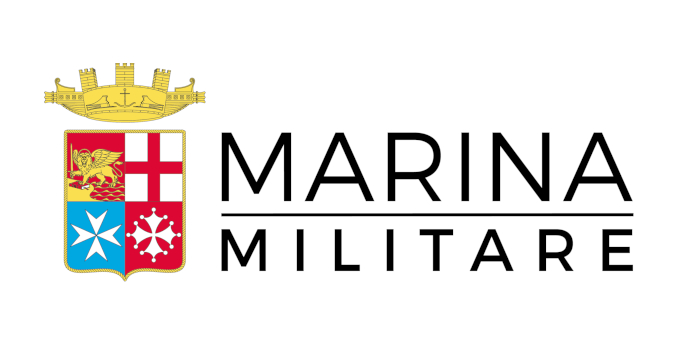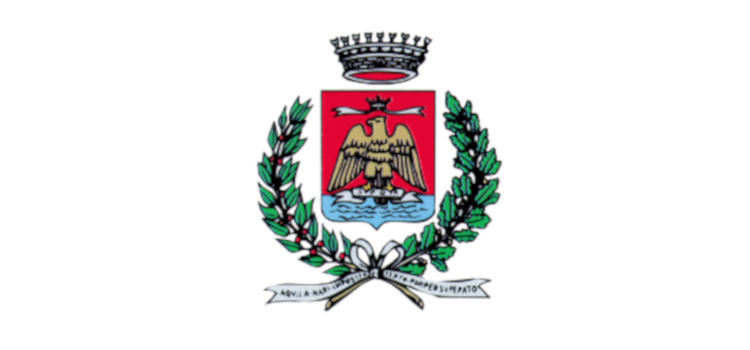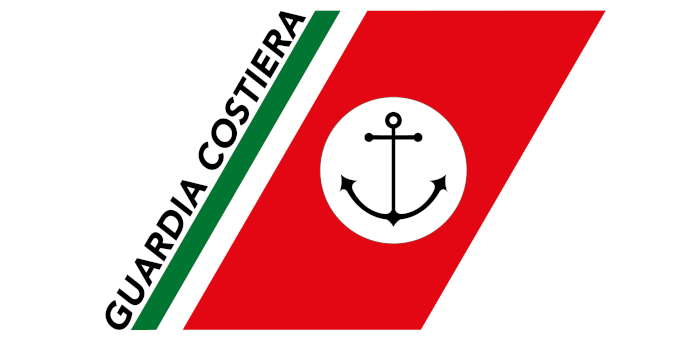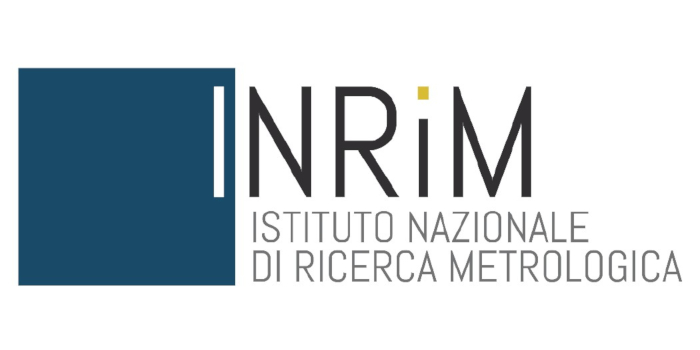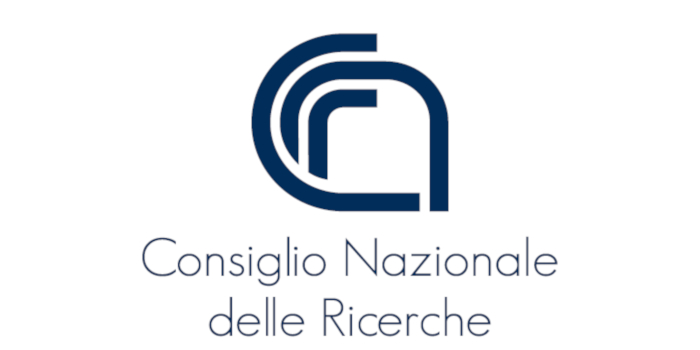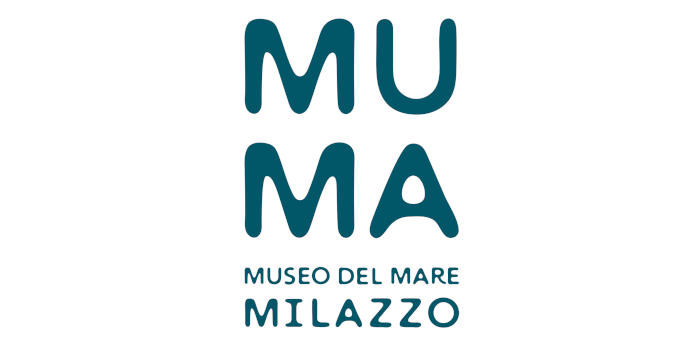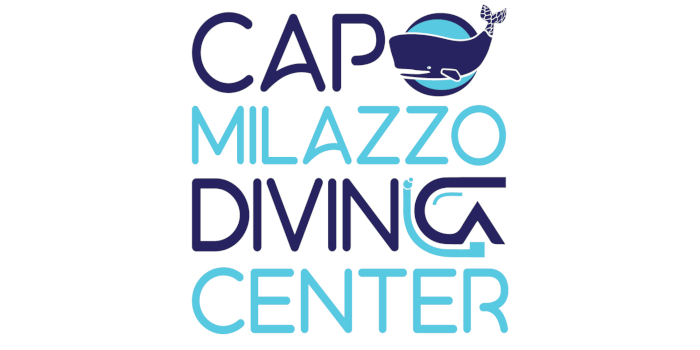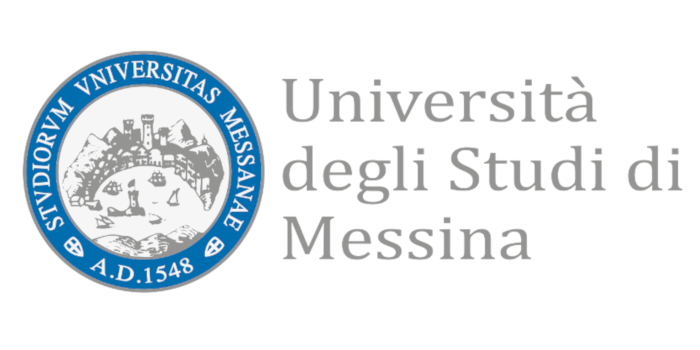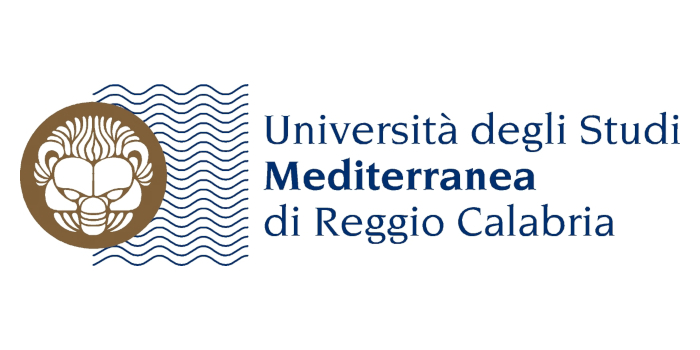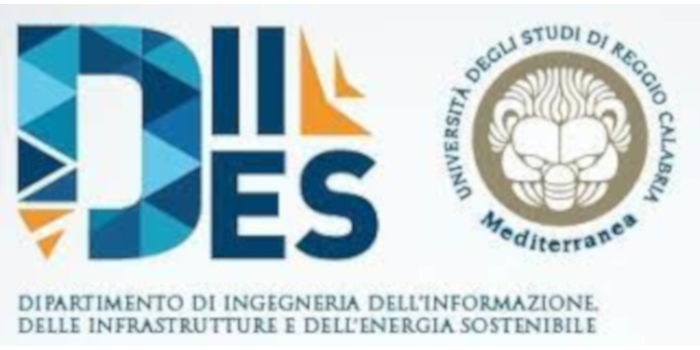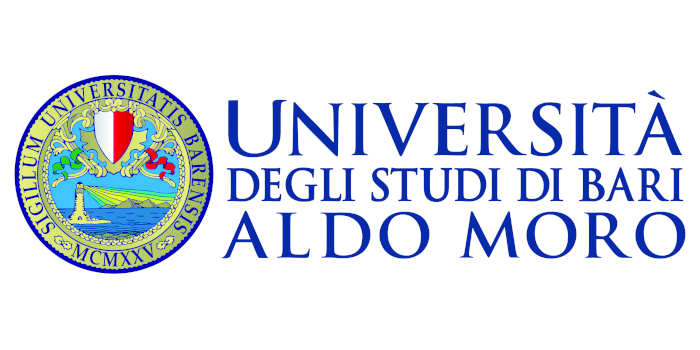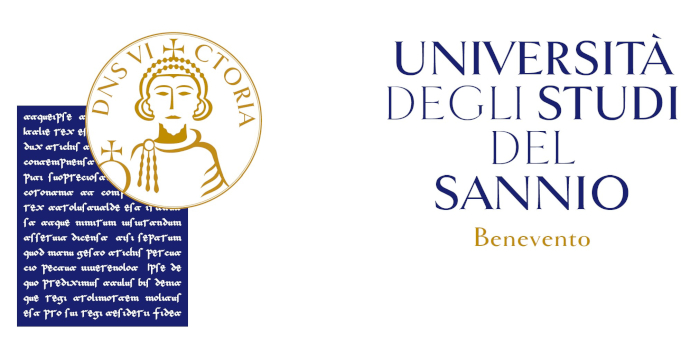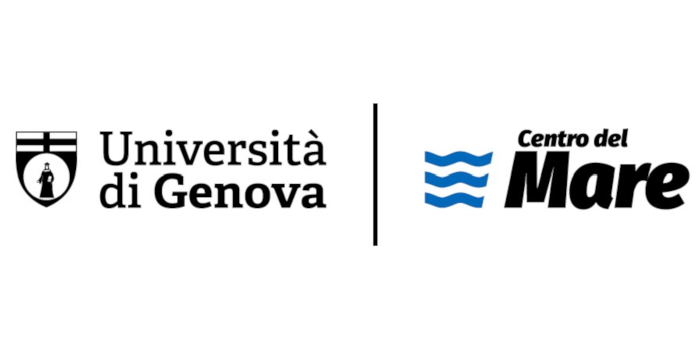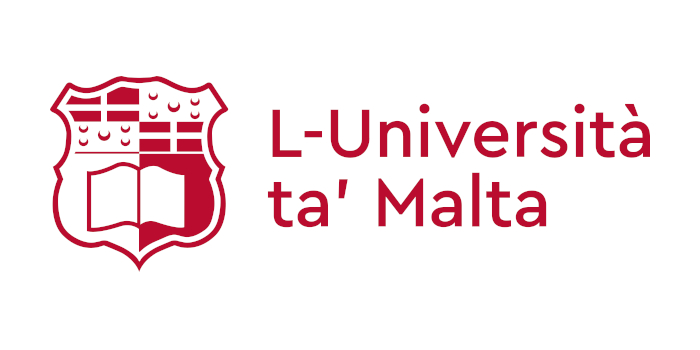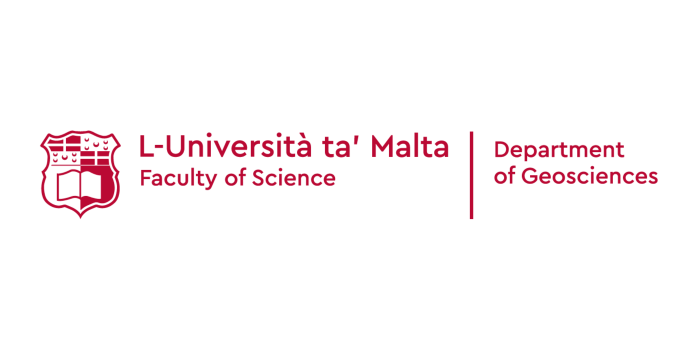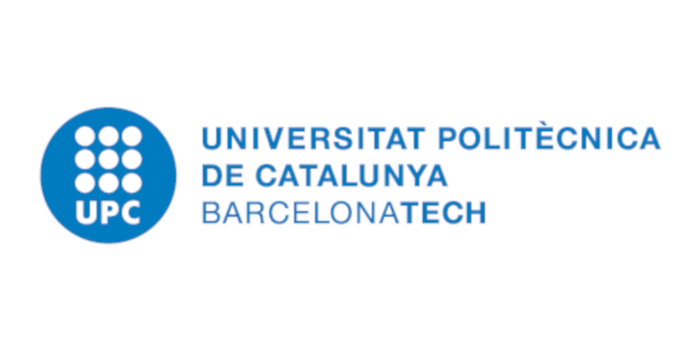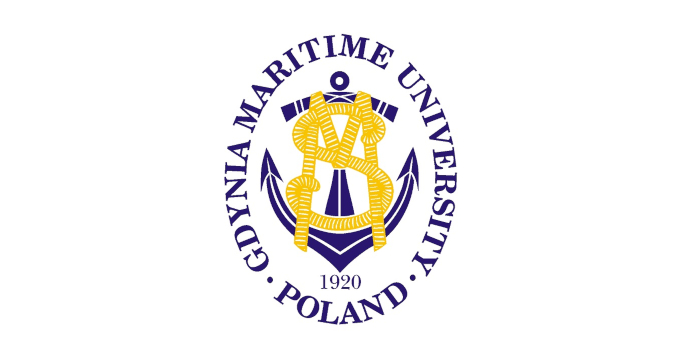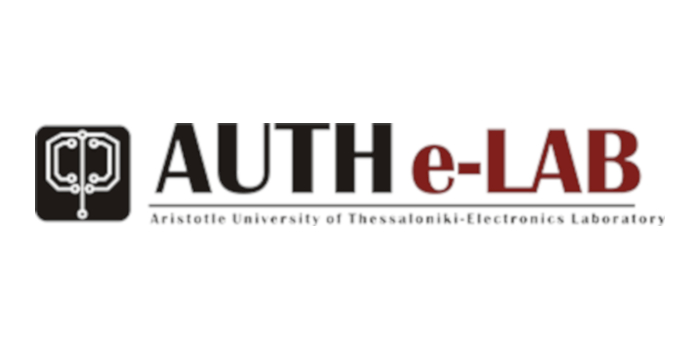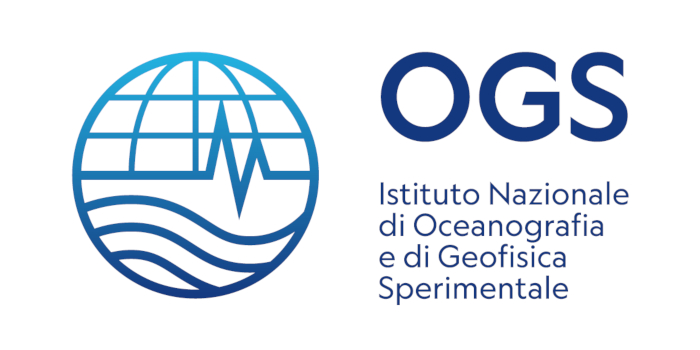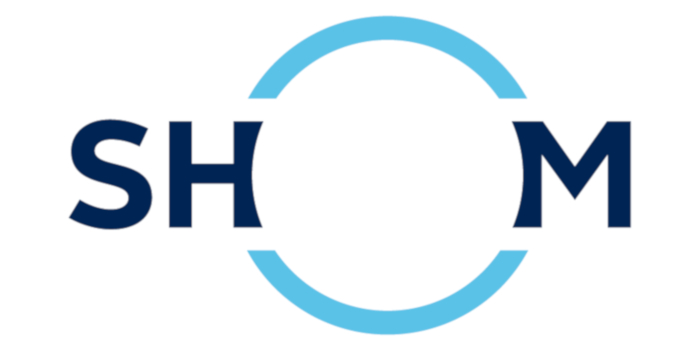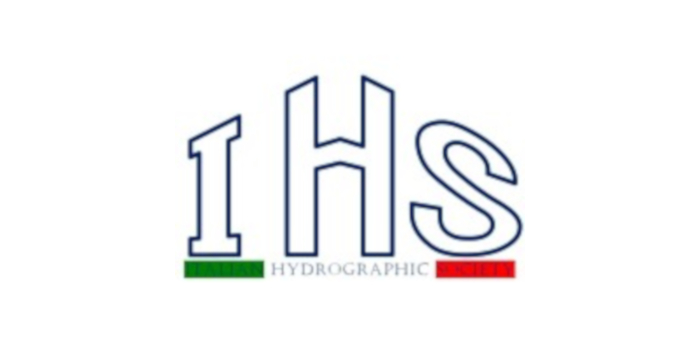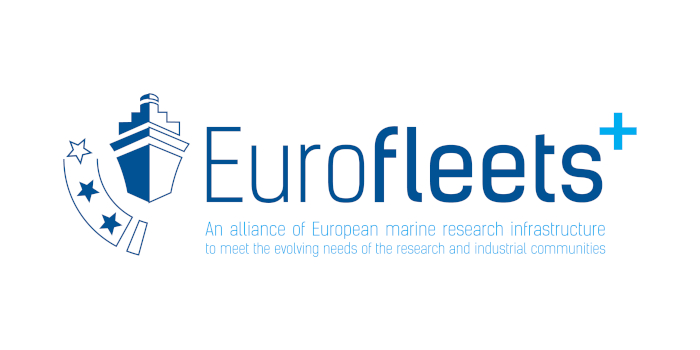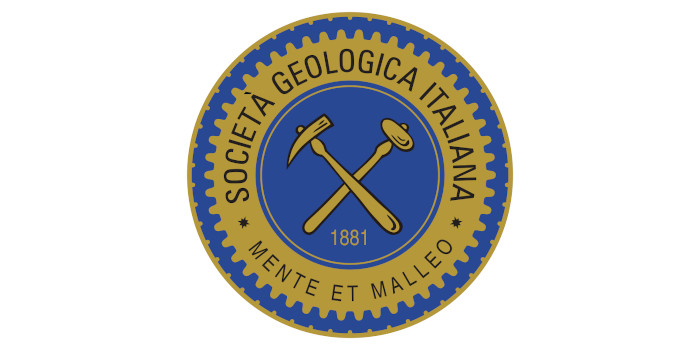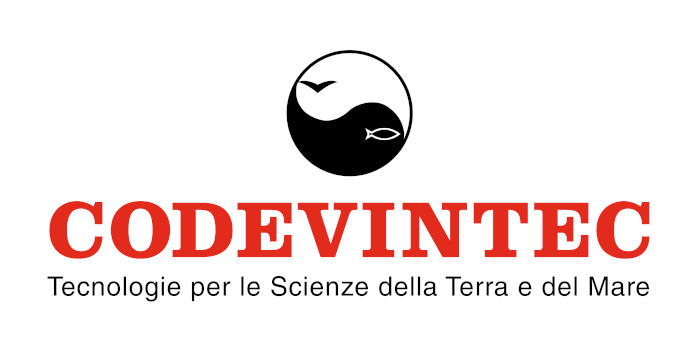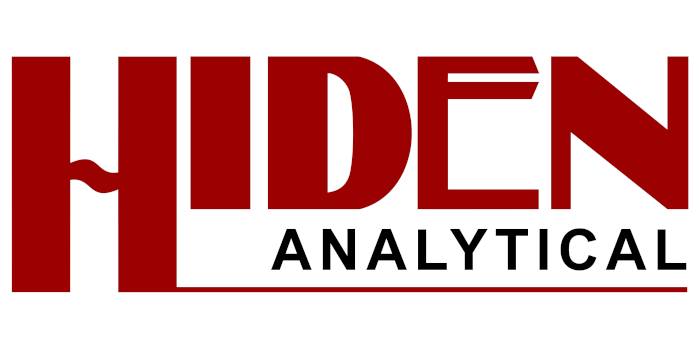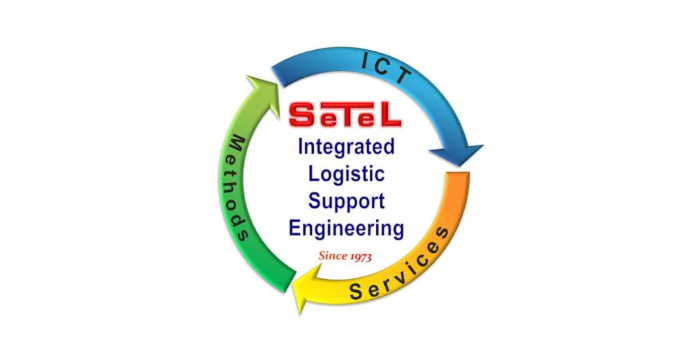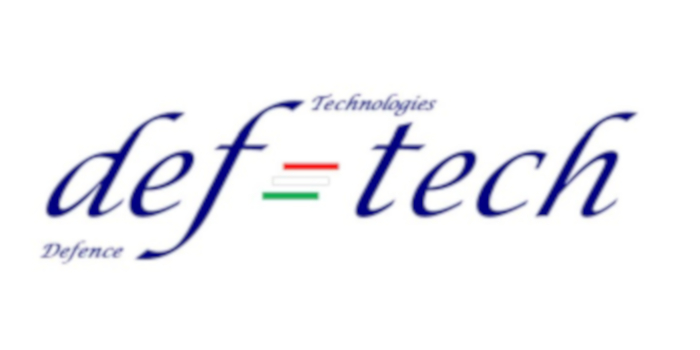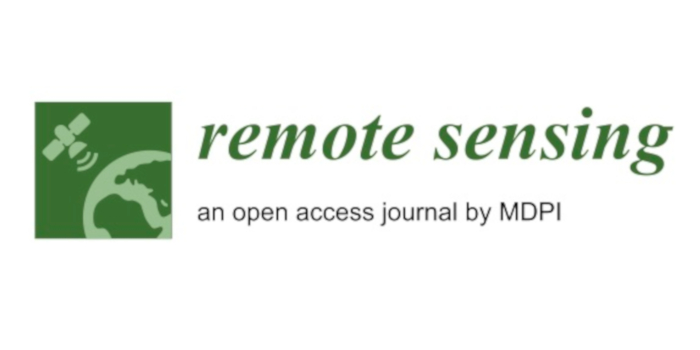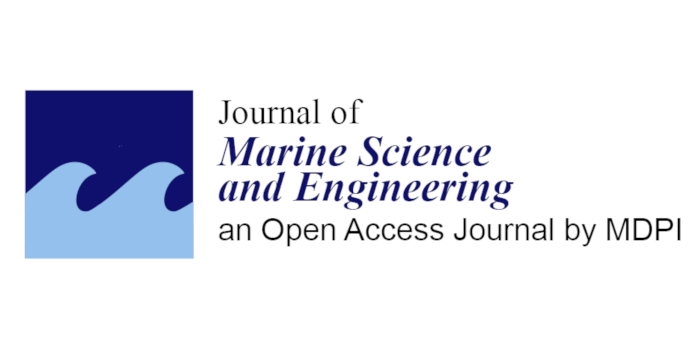Electronic Technologies for Sustainable Fisheries
ORGANIZED BY

Alessandro Galdelli
Università Politecnica delle Marche

Anna Nora Tassetti
National Research Council, Institute for Biological Resources and Marine Biotechnologies
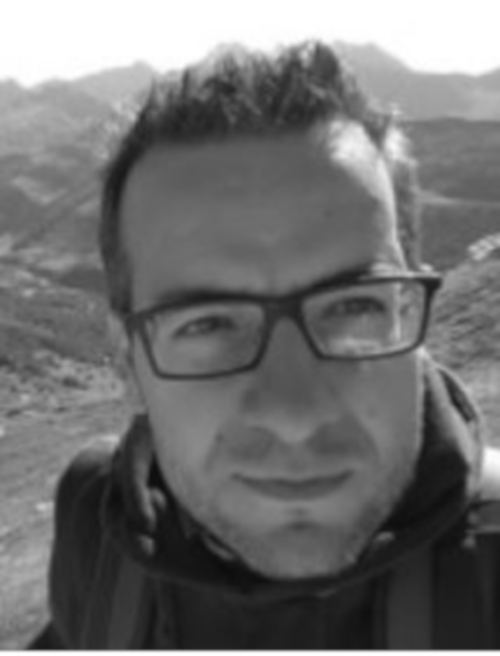
Adriano Mancini
Università Politecnica delle Marche
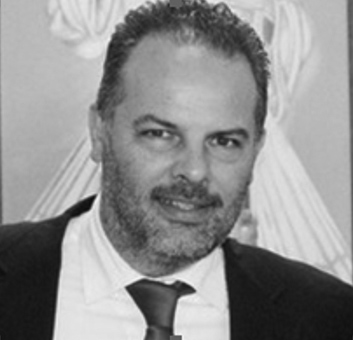
Pierluigi Penna
National Research Council, Institute for Biological Resources and Marine Biotechnologies

Michela Martinelli
National Research Council, Institute for Biological Resources and Marine Biotechnologies
ABSTRACT
During the last years emerging so-called 'Electronic technologies' (ETs) play an ever-greater role for the fisheries sector, going to adhere to cutting-edge technologies from Industry 4.0, Internet of Things (IoT), smart sensors, and supporting fisheries management and control, but also fisheries science and fishers themselves. Nevertheless, fisheries awareness and its sustainable management is still an open challenge.
Newly developed technologies for merging positional data with satellite images provide excellent data for both fisheries monitoring and control and fisheries research, while the use of camera-systems on board, commonly referred to as Electronic Monitoring (EM), has emerged as an innovative approach for documenting catches and discards in fisheries and detailing fishing effort registration without requiring additional on‐board personnel.
In this context, transmission, data collection and computer vision technologies, as well as data analysis techniques such as Machine Learning and Deep Learning are certainly useful to improve the awareness of this sector, identify the various activities carried out at sea and derive estimates of fishing pressures.
Of course, the use of blockchain for the security of data transmitted between the various interpreters of the supply chain is critical and deserves to be studied.
From these ETs benefit the entire fishery supply chain, from fishers to traders and consumers, as well as managers and researchers. On the other hand, on board ETs could indeed allow contemporary the collection of large amounts of cost-effective environmental and fisheries data, in support of oceanography and fisheries biology science, and specifically for adopting an ecosystem approach to the management of renewable resources.
TOPICS
Electronic Technologies for fisheries Special Session aims at sharing and discussing what innovations in sensors, Artificial Intelligence are bringing to fisheries management and aquatic ecosystems in general, showing potential for implementing Electronic Monitoring on larger scale. In this sense, it seeks original contributions on the following themes (but not limited to):
- Positional data systems and mapping of fishing activities:
- Ship reporting technologies and remote sensing systems (e.g., Vessel monitoring System, Automatic Identification System, Long-Range Identification and Tracking, Earth Observation by SAR and other sensors);
- Low-cost and low-burden tracking solutions;
- Big-Data analytics for improving maritime knowledge and fisheries management;
- Artificial Intelligence for inferring fishing activities;
- Estimation of fishing metrics;
- Prediction of fishing trajectories;
- Multi-sensor data fusion for integrated maritime surveillance.
- Electronic monitoring (EM) systems:
- New cameras and sensors;
- Ad hoc systems for video monitoring and documentation of the catches;
- Automated visual detection and classification;
- Image analysis, species recognition and measuring fish lengths;
- Other EM systems, exploiting fishing vessels for the collection of data in support of oceanography and fisheries science.
- Security tools and distributed architecture:
- Blockchain technology for data exchange and traceability;
- Blockchain for improving catches traceability and preventing unsustainable fishing practices;
- Secure/ Encrypted communication protocols;
- Cloud computing architecture.
ABOUT THE ORGANIZERS
Alessandro Galdelli, is a Post-Doctoral Researcher at the Università Politecnica delle Marche. He received a B.Sc. degree in Computer and Automation Engineering from the Università Politecnica delle Marche with a thesis entitled "Porting su architettura ARM ed analisi comparativa delle patch real-time PREEMPT_RT e Xenomai per il kernel Linux". In July 2017, he received an M.Sc. degree in Computer and Automation Engineering from the Università Politecnica delle Marche with a thesis entitled "A new approach to 3D Reconstruction for the quality control of industrial products". Starting from his Ph.D. thesis, he is collaborating with National Research Council, Institute for Biological Resources and Marine Biotechnologies focusing on applied Artificial Intelligence for Precision Fishing, identification and classification of fishing activities. He is a coauthor of several international studies in his research fields and is involved in technological transfer projects.
Anna Nora Tassetti is Researcher at the National Research Council, Institute for Biological Resources and Marine Biotechnologies (IRBIM-CNR). She is a civil engineer (2006), with a M.Sc. in Photogrammetry and Geoinformatics at Stuttgart Hochschule für Technik (2008) and a Ph.D. in Geomatics (2010) at Università Politecnica delle Marche. Since 2014 she has been involved in different national/international projects on maritime spatial planning and assessment of fishing pressure and human impacts on marine ecosystems , underwater/habitat mapping and spatial fishery data for the sustainable management of bioresources and biodiversity conservation. She is member of the ICES WG on Spatial Fisheries Data, of the FAO AdriaMed WG on Demersal Fisheries Resources and of the FAO MedSudMed WG on Demersal Fisheries. She has published over 30 peer reviewed scientific papers and more than other publications (i.e. datasets, technical reports, conference proceedings).
Adriano Mancini received a Ph.D. degree in intelligent artificial systems from the Department of Information Engineering (DII), Universitá Politecnica delle Marche, in 2010. He currently holds an Assistant Professor position with the DII, Universitá Politecnica delle Marche. His research interests include mobile robotics also for assisted living, machine learning, image processing, and geographic information systems. He is a coauthor of more than 120 international studies in his research fields and is involved in different EU projects and technological transfer projects.
Pierluigi Penna holds a PhD in Information Science and Complex Systems and a degree in Computer Science and Technology (University of Camerino). Since 1997, he has been working at CNR IRBIM and his research activities deal with environmental data acquisition with a focus on oceanographic measurements with CTD multiparametric probes. He designs, implements and manage meteo-oceanographic observation platforms, also through new technologies and prototypes. He carries out post processing, quality control and historical time series analysis regarding climate change and anthropogenic impacts.
He participated in numerous national/international projects and in over 100 oceanographic campaigns, also with the role of head of mission. In 2006, 2012 and 2014 he participated in national expeditions to Antarctica aboard the Italica Oceanographic Ship.
Michela Martinelli is a Technologist at CNR IRBIM of Ancona, Italy since 2009. Degree in Marine Biology and Oceanography (2004), Doctoral degree in Marine Biology and Ecology (2010). Her earlier research fields included taxonomy, zoology and ecology of benthic organisms, with a special interest in Crustacea Decapoda. She was responsible for the development and management of relational and spatial databases of different nature (e.g. European and national legislation on fisheries and environment, DCF fisheries sampling data, oceanographic data etc.). She is specialized in the development and management of innovative tools for environmental monitoring (e.g. Fisheries and Oceanography Observing Systems - FOOS), evaluation of fish resources, ecosystem approach to resource management, technical and scientific support to decision-making authorities.
She is scientific responsible of the UWTV program for the monitoring of Norway lobster in the central Adriatic Sea (sponsored by FAO AdriaMed and RITMARE) and for a monitoring program of the Fishery Restricted Area Pomo (sponsored by MIPAAF). She is scientific responsible of the AdriFOOS infrastructure and related activities in EU projects (e.g. FP7 JERICO, FP7 NEXOS, H2020 JERICO NEXT, H2020 NAUTILOS). She participates to several international working groups (e.g. ICES WGNEPS, FAO ADRIAMED WG Demersal, sessions of GFCM-SAC etc.) and has been involved in several other EU projects (e.g. EU FP7 PERSEUS, EU ERAnet ECOAST etc.).
